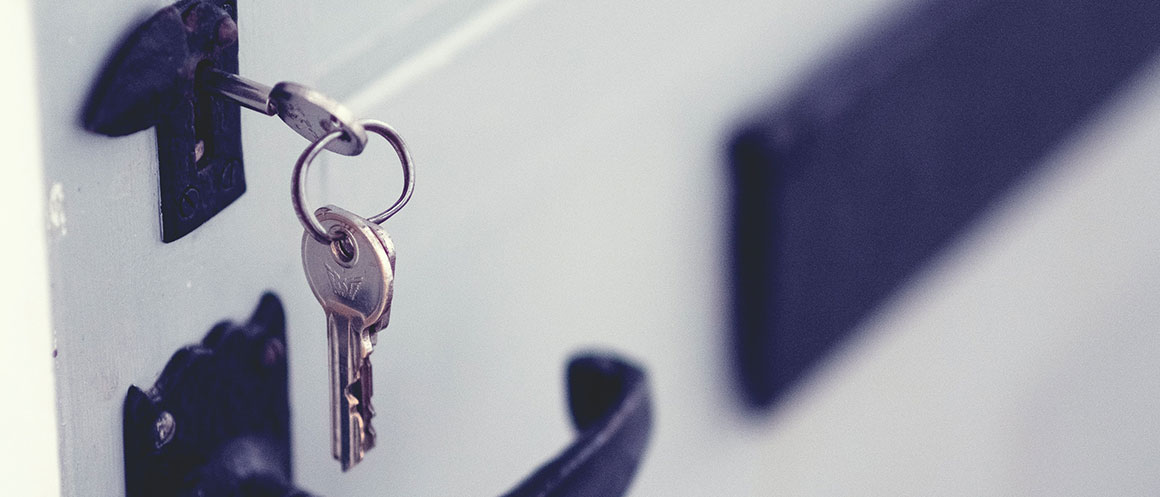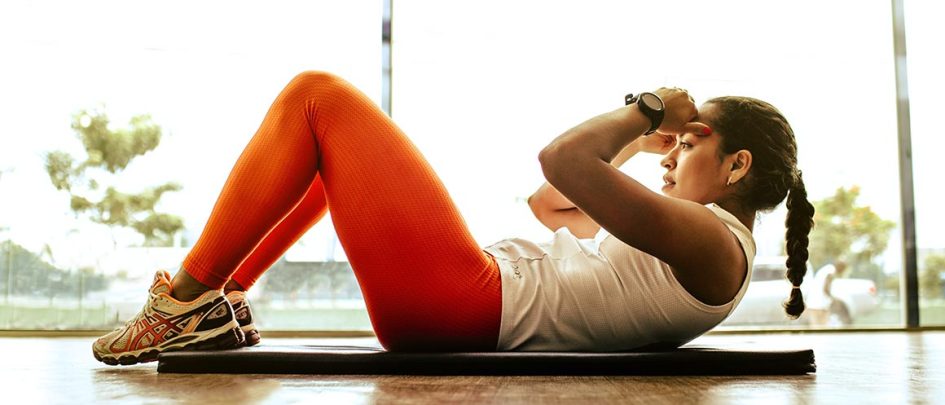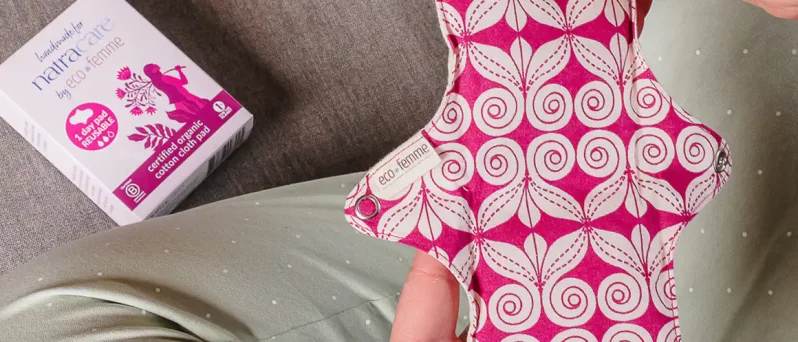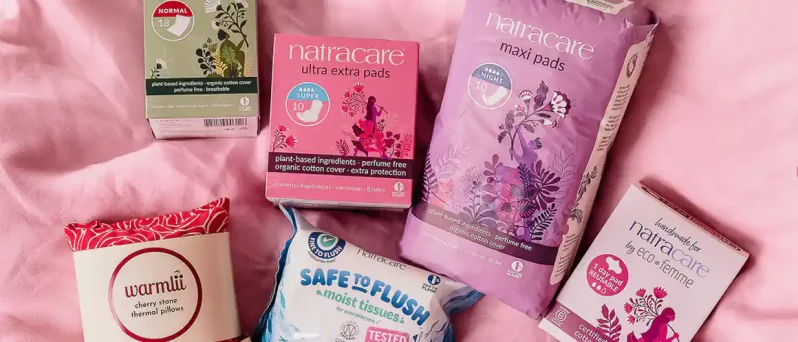It’s rarely talked about, but incontinence affects millions of people at various times in their lives. Bladder leaks can occur for a number of reasons at any stage in life and we believe it’s important to open up conversations about incontinence. Around 17% of women and 16% men over 18 years old have an overactive bladder (OAB) and it’s estimated that 12.2 million adults have urge incontinence.
Imagine this scenario: you’re on your way back from the shops and as you edge closer and closer to home, you develop an overwhelming urge to pee. You’re distracted, unable to focus on anything else. You reach your front door and bam, you run to the toilet as quickly as possible. Sometimes, you’ll experience a leak as you rush to get to the bathroom in time.
This is referred to as “latchkey incontinence” or “key in the door syndrome”. It describes the overwhelming feeling of needing to pee as soon as you get home, or to a place of familiarity, and is linked to urge incontinence.
What are the tell-tale signs of latchkey incontinence?
Feeling an urgent, unexpected need to urinate is a one sign of latchkey and urge incontinence. The sensation will be overwhelming, and you’ll be unable to delay going to the toilet.
What causes latchkey incontinence?
A common cause of latchkey incontinence is an overactive bladder. It’s usually the result of overactivity of the detrusor muscles. These are the muscles which control the bladder. An overactive bladder can be a result of taking medications that increase urine production or not being able to completely empty the bladder. Other causes can come from an infection (e.g UTI), nerve damage, use of certain types of medications, even drinking alcohol or caffeine.
As well as experiencing the physical urge to pee, some specialists believe there is evidence to suggest that latchkey incontinence could be a learnt behaviour. Think ‘Pavlov’s dog’. Psychotherapist Ginnie Love explains that “the mere glance of an object that we relate to an action can jump start the brain’s process to a more urgent need to experience it, all subconsciously.” Hence seeing your front door acting as a trigger or urge to use the bathroom.
What can I do to help manage it?
If you have an overactive bladder, you may feel self-conscious or embarrassed at times. But we want to normalise the conversation. There are things you can do that can help, and steps you can take as preventative measures.
- Do exercises to make the pelvic floor muscles stronger also known as kegel exercises.
- Limit caffeine and alcohol intake. Be mindful of your consumption and monitor.
- Manage chronic conditions if you have one, such as diabetes, that might contribute to overactive bladder symptoms.
- Speak to your doctor about any urinary incontinence issues to get expert medical support.













